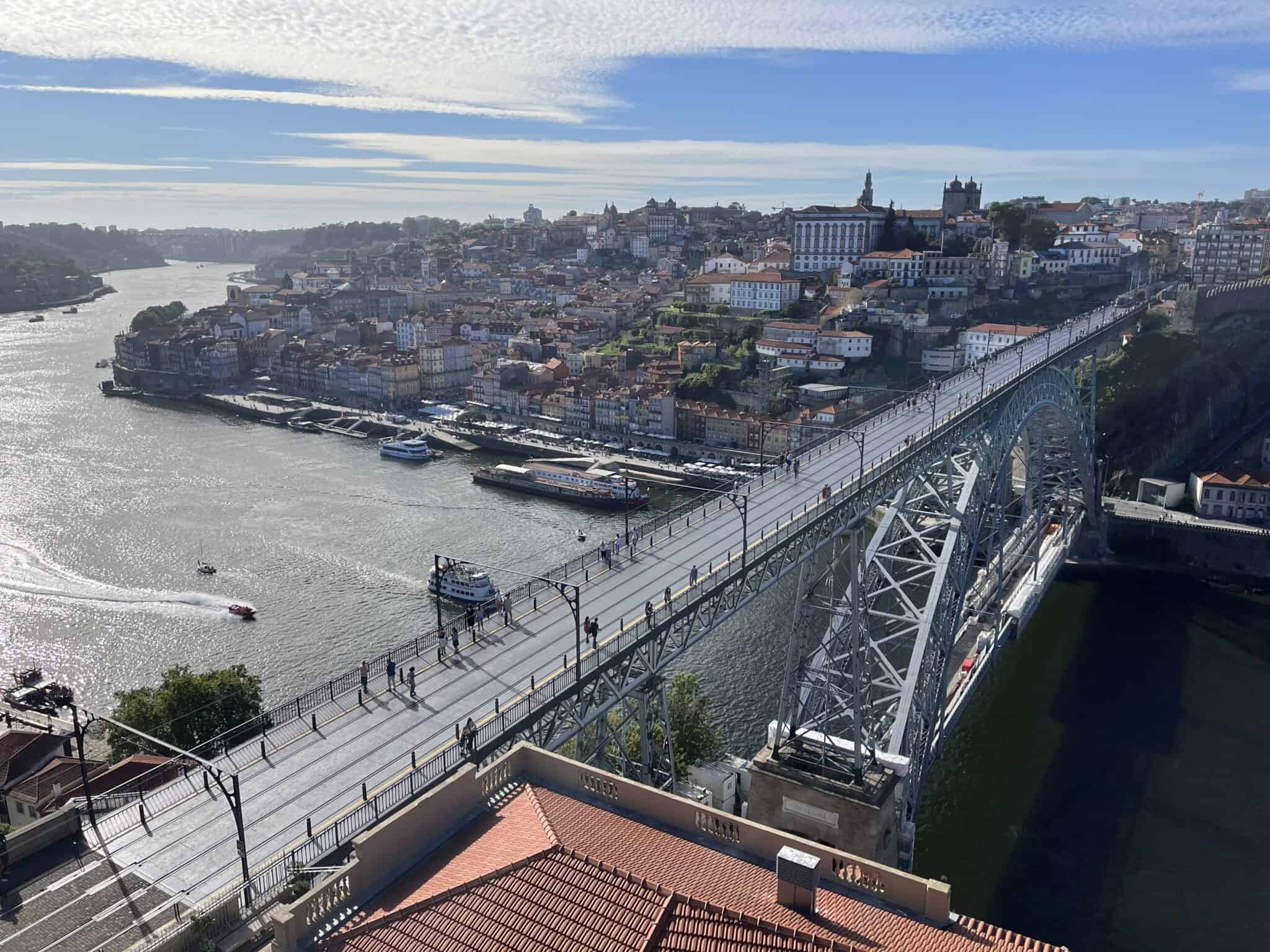Becoming a Portuguese Resident

Poland, the country where I was born, joined the European Union in 2004. Since then, I’m fortunate to travel and work in all member countries without restrictions. Due to worsening Polish political situation and war in Ukraine I needed to reevaluate my international setup. After contemplating I decided to become a resident in another EU country that’s very welcoming for digital nomads.
Portuguese Resident with Non-Habitual Residency benefits
Portugal is a warm and sunny part of Western Europe with nice island archipelagos like Madeira and Azores. Due to shrinking population and brain drain, their government tries to attract permanent residents. Especially high-skilled professionals with remote jobs. There are some tax benefits, all official correspondence is digital, and most importantly there’s no minimum stay required for EU-citizens. The NHR benefits last 10 years, but after about 5 years I can apply for permanent residence in Portugal and then file for Portuguese passport. All of these is crucial for me.
Rebase – immigration as a service
Pieter Levels known for Nomad List, did an extensive tax residency research. He’s Dutch living outside the Netherlands and running a company in Singapore. Eventually, he discovered a proper tax advisor agency in Portugal. Once his process was completed, Pieter decided to create Rebase. A simple sign up website, that allows scheduling consultation call with tax advisor for anyone interested in Portuguese residency.
I highly enjoy being part of the Nomad List community and I closely follow Pieter’s other online projects. Moreover, Wojtek Zając with whom I discussed international setup in my Polish podcast, also used Rebase. That convinced me to follow suit.
War in Ukraine
My plan was to keep observing the Rebase project and get to know more nomads, who are registering for Portuguese residency. But escalation of the war in Poland’s neighbor country of Ukraine pushed me to speed up my decision. While nobody knows how the conflict will develop, there are some worrying patterns I try to avoid.
- Nationalistic movements are gaining power in Eastern Europe and nationalism is not the way to achieve international cooperation and understanding.
- Closing borders – the pandemic showed how often governments are using this blunt tool to attempt to control the domestic situation.
- Military draft – Ukraine forbid all males in certain age from leaving the country. Poland could do the same in case of further escalation of the military conflict.
Independence from the Polish system
Most of my adult life I spent working and traveling outside of Poland. I’m well aware of the infrastructure that allows me to cross borders, earn a living, and using my banking services across the globe. That’s why I want to prepare myself for a possible:
- crash of Polish governmental infrastructure,
- issues with payments,
- diplomatic implications.
There are questions that I rather ask myself in advance and rationally prepare practical solutions. Would my passport, ID card, and driving license be still valid in case of military conflict in Poland? Will I be able to use my bank account if the bank headquarter is abandoned/destroyed? Do I need to seek war refugee status?
Fortunately, I have been gaining independence from the Polish system for many years now. My business activities are done via my British limited company and Brexit didn’t change anything. Revolut and Wise are my main bank accounts and their global cloud nature assures me I can keep using them anywhere, anytime. Now with the Portuguese residency, I’m able to establish another layer of international setup that addresses Polish governmental and diplomatic risks.
I wish it was a different story…
In my opinion, war is never an answer. But for some people it is, and they have enough power to drag others into this mess. I really wish we would live in peaceful times, where conflicts are solved with conversations and not with bullets.
Sad song about war by one of my favorite Polish rappers – Duże Pe





Discussion